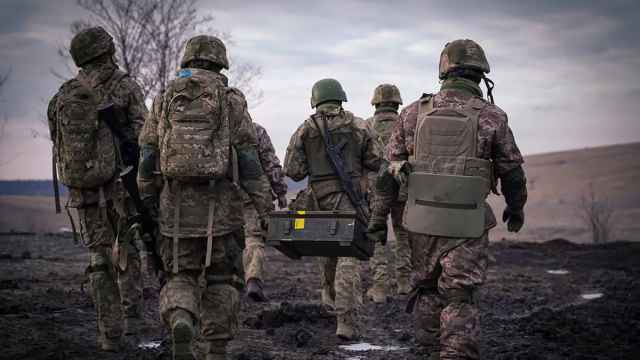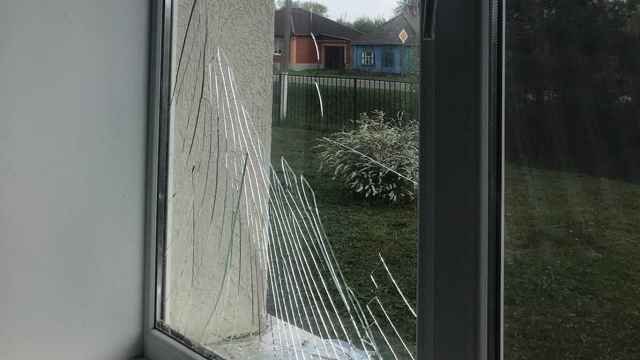The happiest people in Russia live in the Arctic region of Yamal-Nenets, with Moscow and St. Petersburg also qualifying as great places to call home, while the most miserable region is Arkhangelsk, poll results released on Monday showed.
The poll by the Civil Society Development Foundation rated 77 Russian regions and the cities of Moscow and St. Petersburg based on their residents' responses to four main questions: the overall satisfaction with the situation in their region, the perception of whether local conditions are improving or deteriorating, the impression of other people's dissatisfaction with local authorities, and the likelihood of taking part in protest actions.
For the last two questions, the fewer people noticed discontent around them or were likely to take part in protests, the higher score the region received.
The regions could also earn a few extra points based on the percentage of people who reported being able to take out a loan, drive a car or travel abroad, the perception of personal financial well-being, or on the frequency of situations that caused residents to take to the streets in protest.
Yamal-Nenets received the highest score from its residents, with 85 points out of a possible 100. This was down from the 95 points it received during the previous poll in August, but still much higher than the three runners-up — the Kemerovo region, St. Petersburg and the Tyumen region — which scored 74 points each.
Moscow came in eighth place, with 72 points. The Arkhangelsk region scored the lowest, with 42 points.
The average well-being score for the country as a whole dropped to 58 points during the latest poll, conducted in November, from 60 points in August.
The poll among 56,900 people had a margin of error of 1 percent.
A Message from The Moscow Times:
Dear readers,
We are facing unprecedented challenges. Russia's Prosecutor General's Office has designated The Moscow Times as an "undesirable" organization, criminalizing our work and putting our staff at risk of prosecution. This follows our earlier unjust labeling as a "foreign agent."
These actions are direct attempts to silence independent journalism in Russia. The authorities claim our work "discredits the decisions of the Russian leadership." We see things differently: we strive to provide accurate, unbiased reporting on Russia.
We, the journalists of The Moscow Times, refuse to be silenced. But to continue our work, we need your help.
Your support, no matter how small, makes a world of difference. If you can, please support us monthly starting from just $2. It's quick to set up, and every contribution makes a significant impact.
By supporting The Moscow Times, you're defending open, independent journalism in the face of repression. Thank you for standing with us.
Remind me later.





